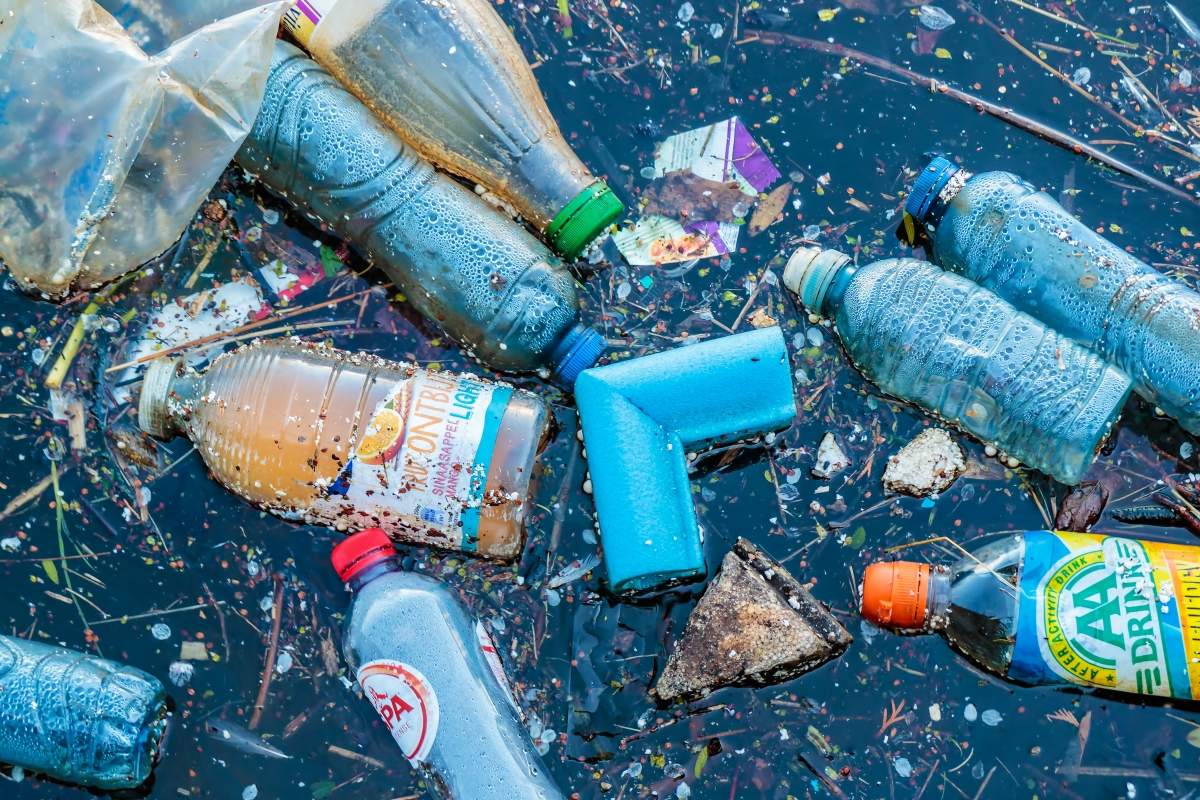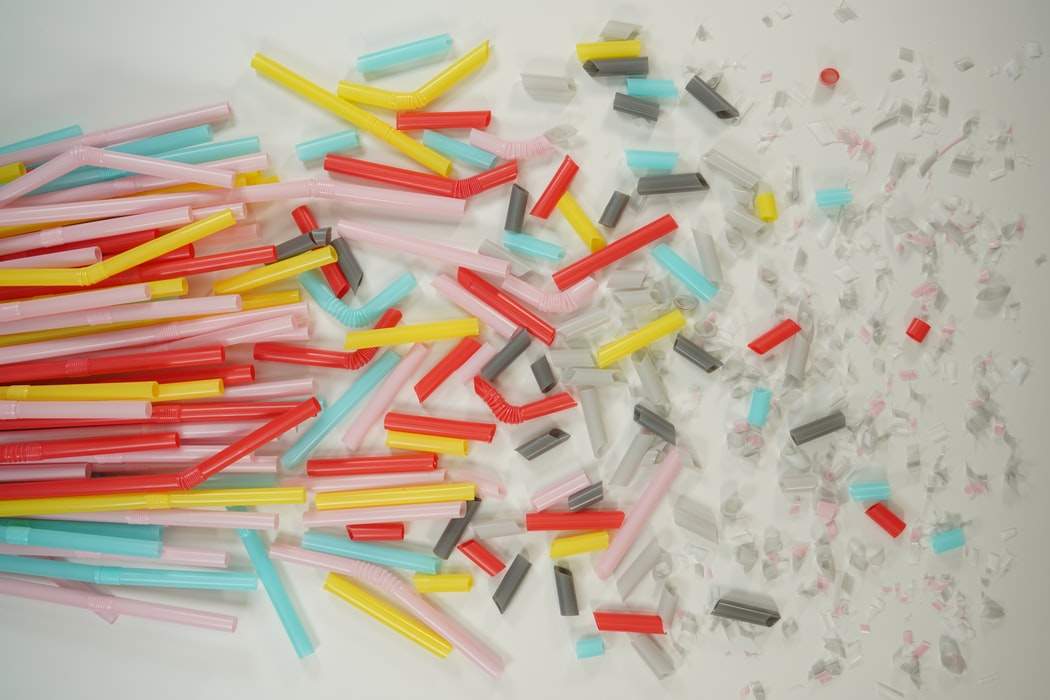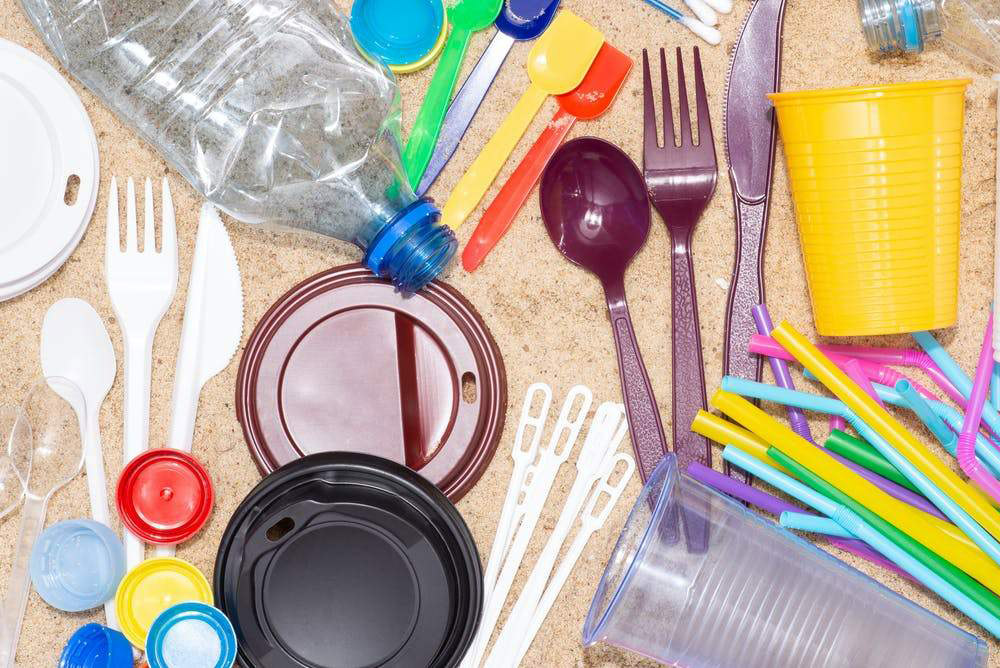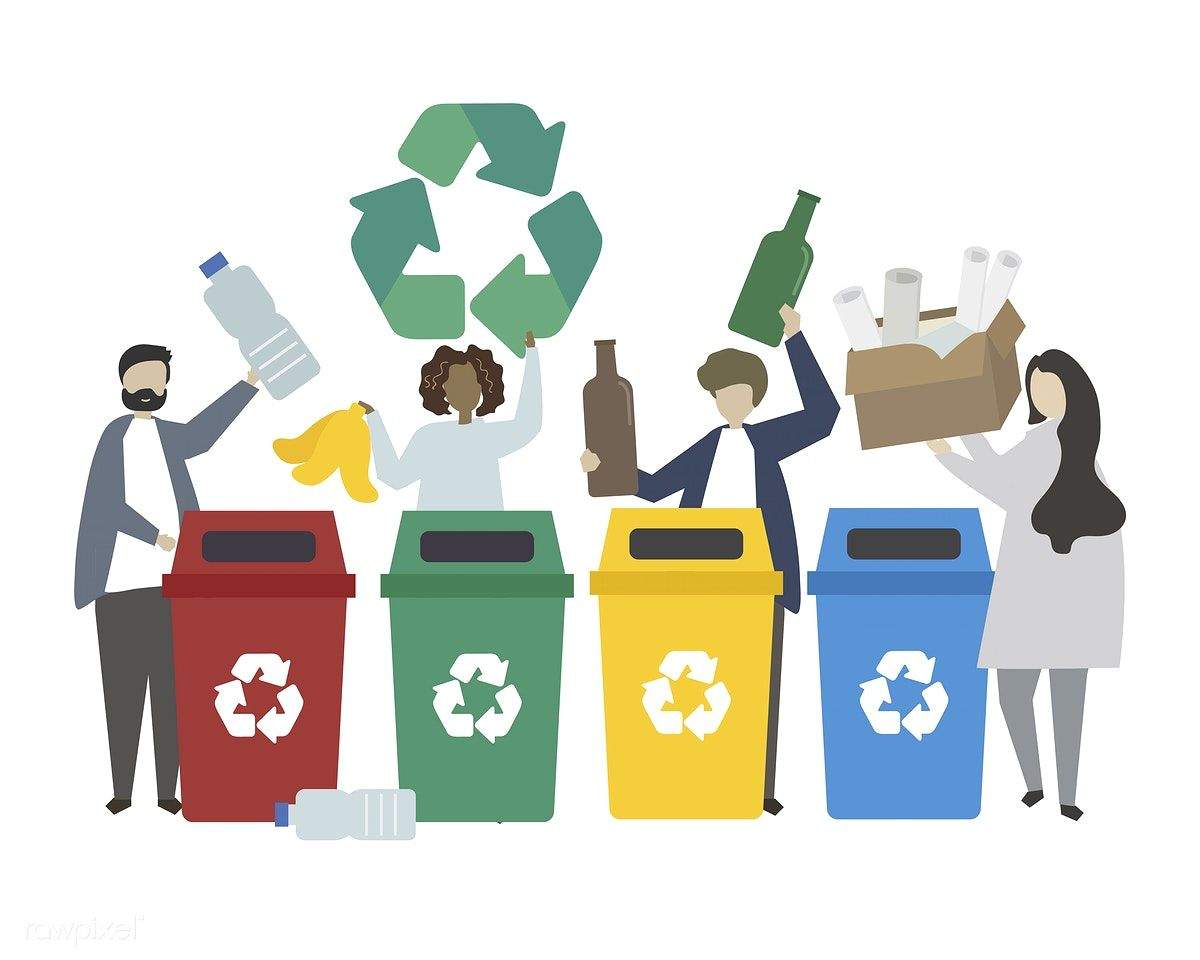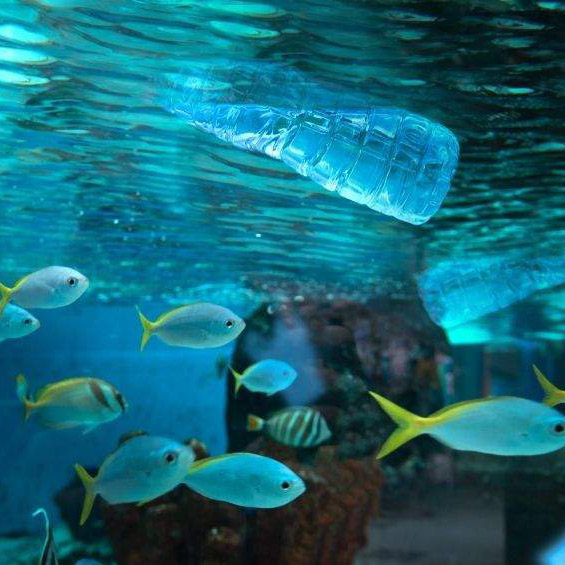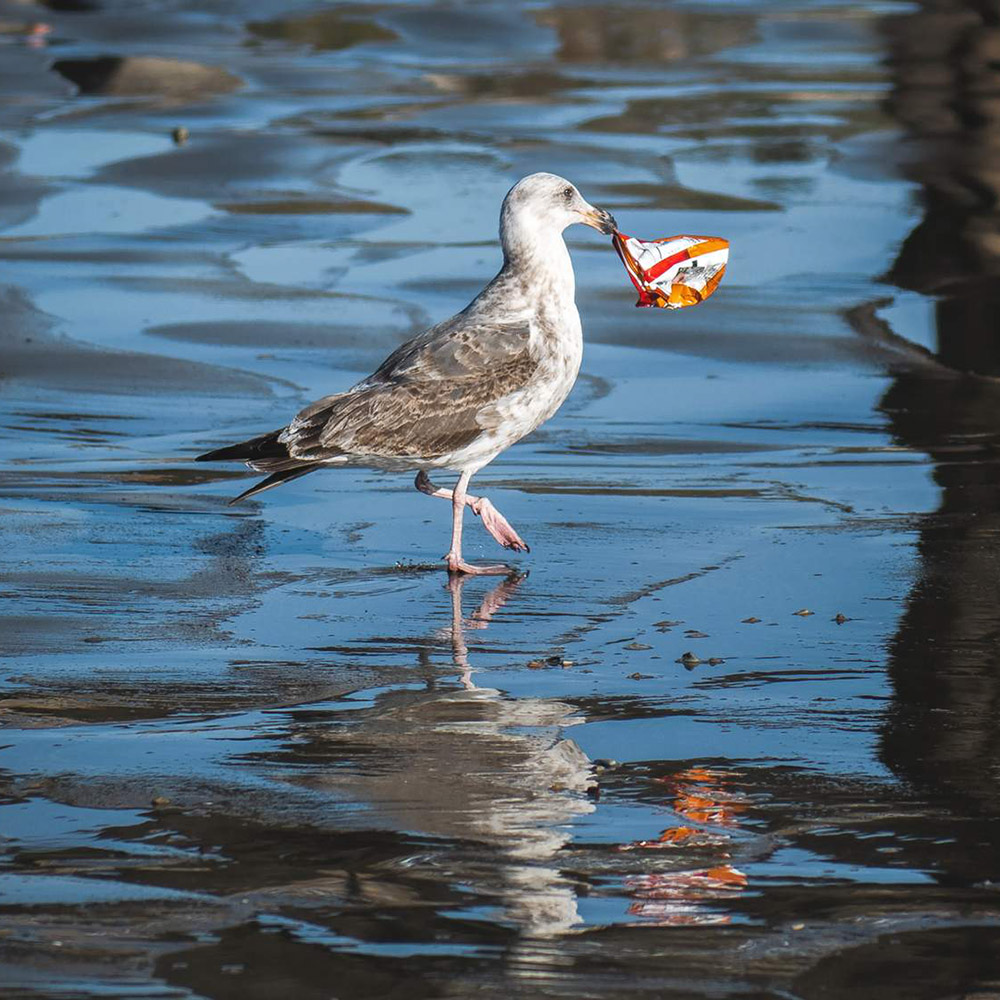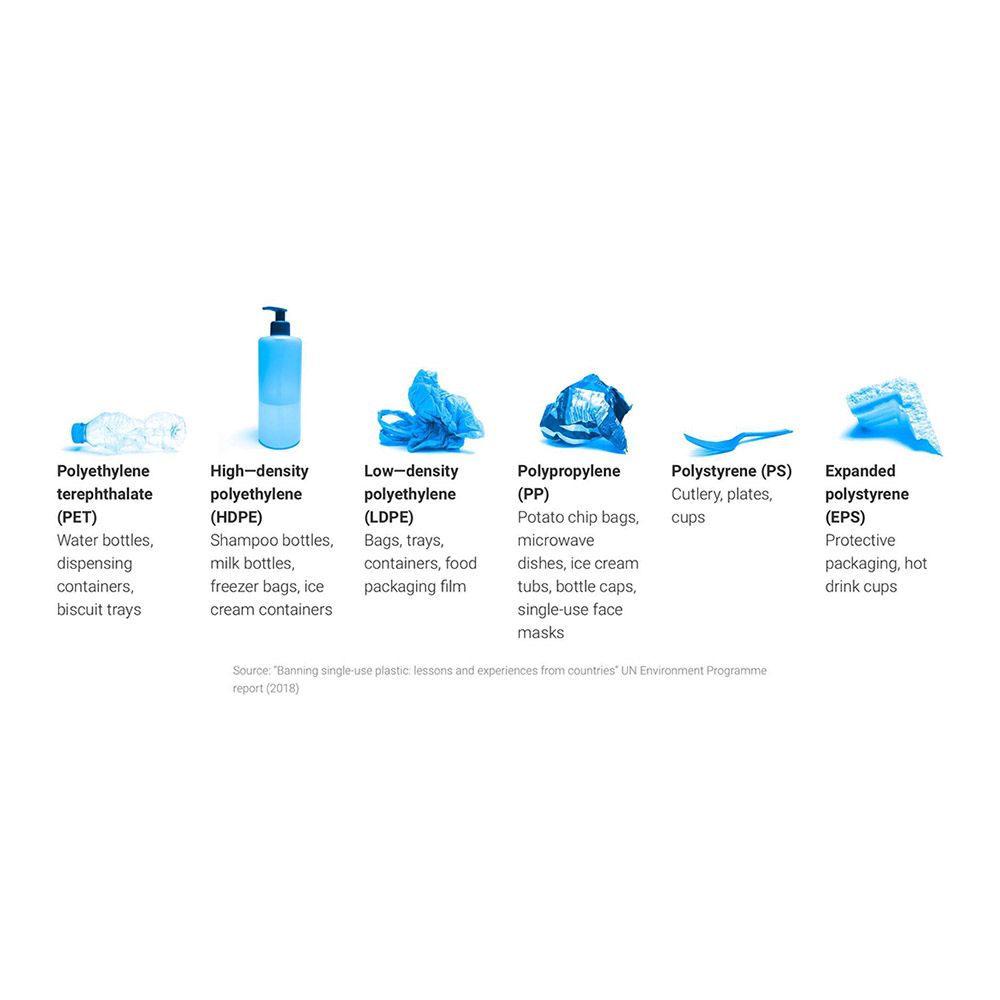
Progress 0%
Ridding the world of unnecessary packaging: Nohbo with Benjamin Stern
World's first land-based coral farm: Coral Vita with Sam Teicher
Climate-resilient agriculture: The Cacao Project with Louise Mabulo
Cleaning up floating ocean plastics: The Ocean CleanUp with Boyan Slat
Eliminating the idea of waste: TerraCycle with Tom Szaky
A circular model for second-hand clothing: FabricAID with Omar Itani
Planting trees, one goal at a time: Trees4Goals with Lesein Mutunkei
Exchanging waste for plants: Eco Star with Fatemah Alzelzela
Innovative technology to reduce rice waste: Rice Inc with Kisum Chan
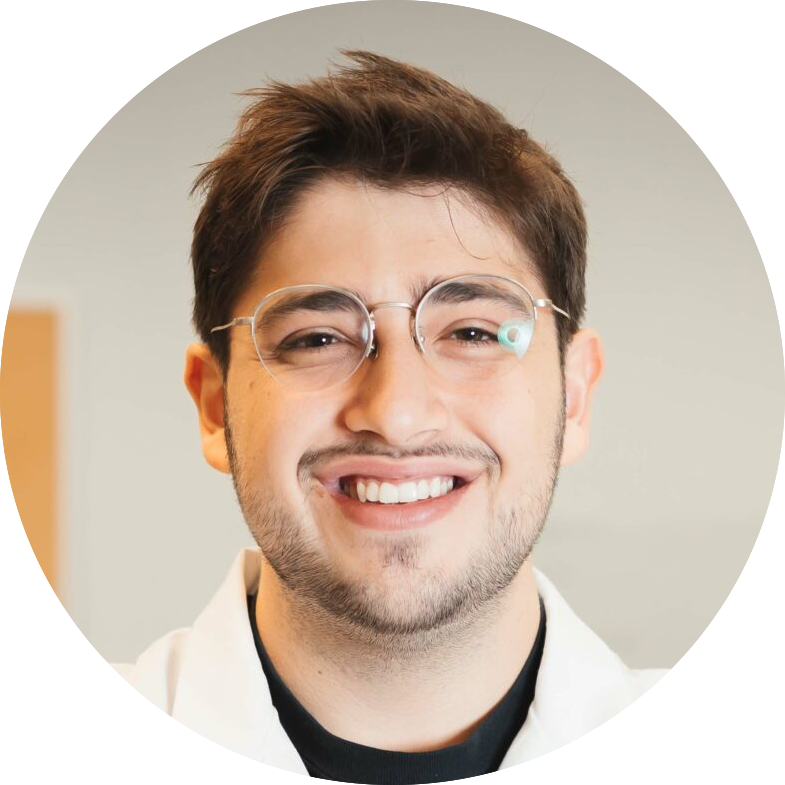
Benjamin Stern
Age when he came up with the solution: 16
Location: Melbourne (Florida), USA
Ben grew up in Brevard County, Florida and graduated from Viera High School in Viera, Florida in 2017. While a student, he worked part time in a submarine sandwich shop and later as a cashier at a supermarket. After high school, Ben won a Thiel Fellowship, a two-year program for young people “who want to build new things”, with a $100,000 grant attached. Thiel Fellowships are designed for budding entrepreneurs as an alternative to going on to higher education.
In his early teens, Ben realized that the world was choking on discarded plastic products. He decided to target the traditional packaging of personal care products - shampoo, conditioner, body wash, and hand soap - which account for 120 billion units produced and thrown away annually, 95% after just one use, and which take up to 400 years to decompose.

"Challenges are, obviously, at every level, and you have to be prepared five times over to mess up."

Benjamin Stern's solution: Nohbo
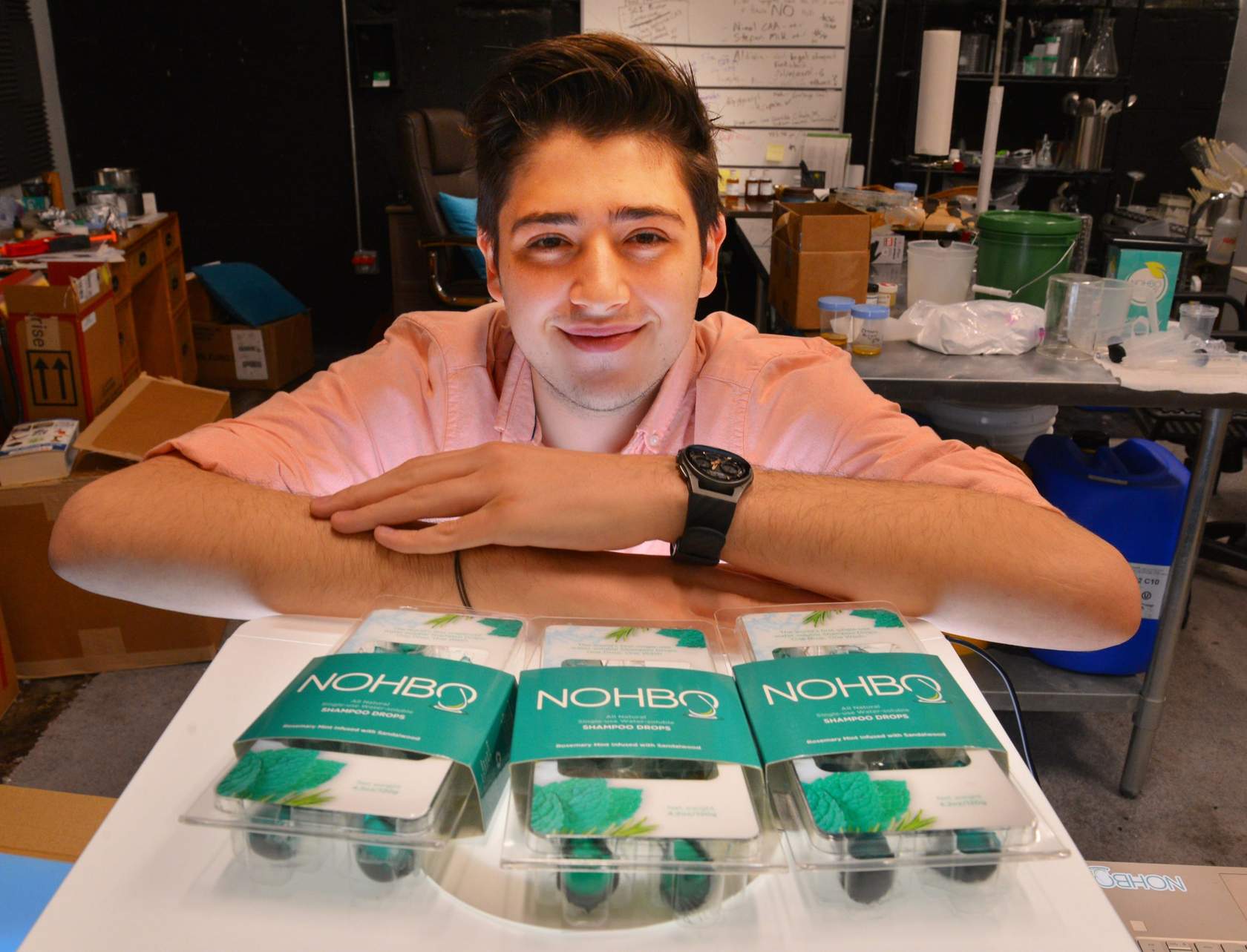
Ben invented a way of encapsulating the active ingredients of personal care products in pods made of water soluble film. When the consumer adds water to the pod, the film dissolves and is never seen again. In the case of hand soaps, he developed single-use sheets which behave in the same way.
Photo source: Malcolm Denemark/Florida Today
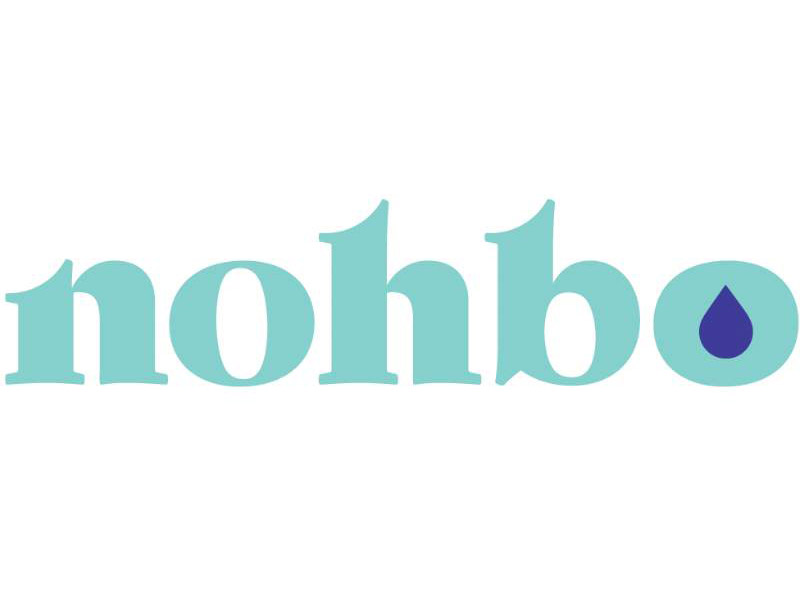
Ben’s company is called Nohbo Inc and is based in Palm Bay, Florida, USA. Their slogan is “Ridding the world of unnecessary plastics” and their mission is to “Develop and commercialize cutting-edge plastic waste-free consumer good products that dissolve without a trace.”
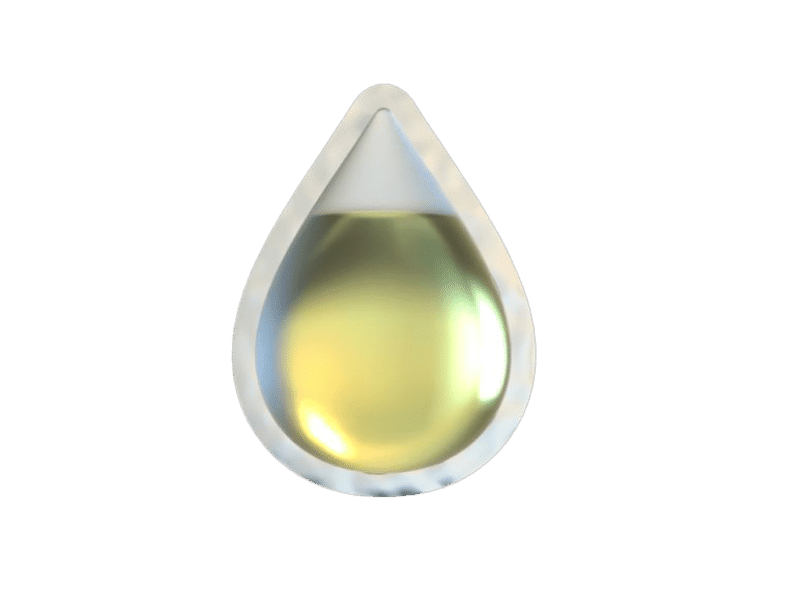
The business boasts an “environmentally-conscious culture”. Nohbo Inc is a vertically integrated company with R&D, manufacturing, and packaging located in a 1,200 square meter laboratory and factory. You can read more about Nohbo on their website.
Do you have questions?
Ask The Earth Prize Mentors!
Key Concepts

Other change-makers addressing plastic pollution
See more

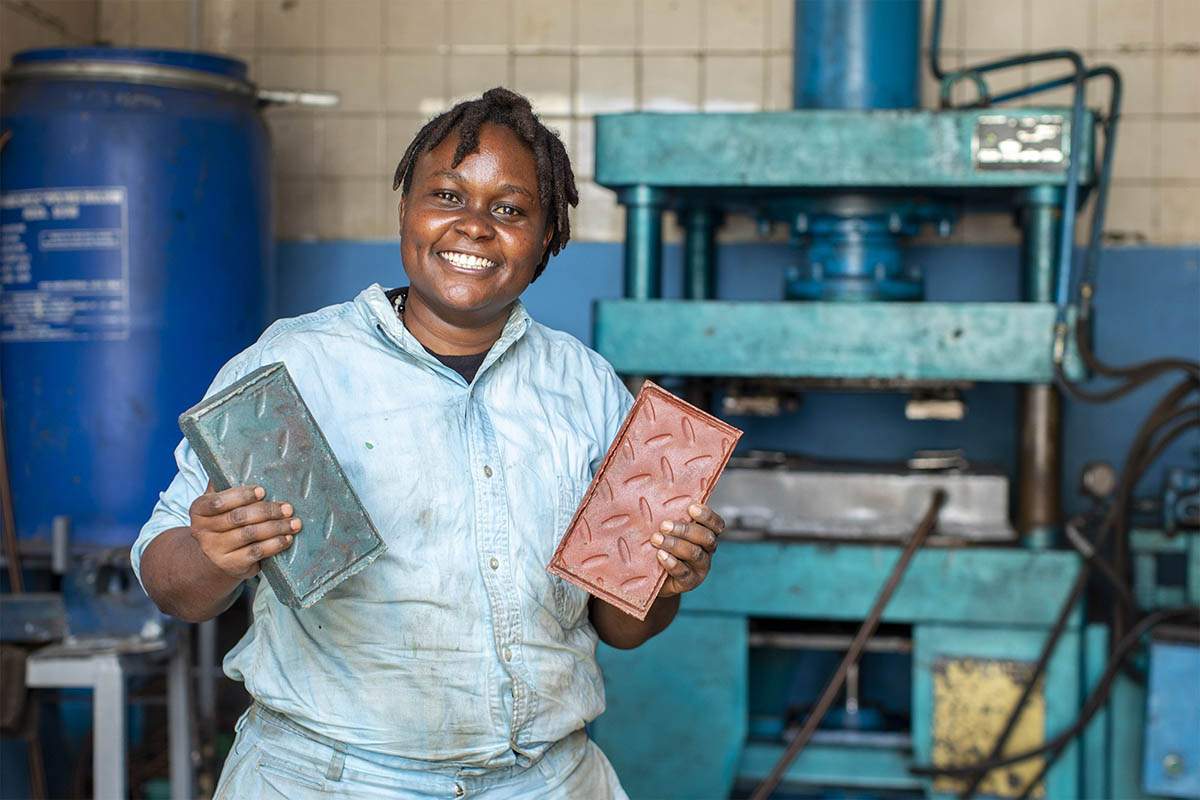
Gjenge Makers (Kenya)
See more


Bye Bye Plastic Bags (Indonesia)
Do you have questions?
Ask The Earth Prize Mentors!
THIS WEBSITE USES COOKIES
We use cookies to provide you with the best possible experience. They also allow us to analyze user behavior in order to constantly improve the website for you. You can read more about our and .

